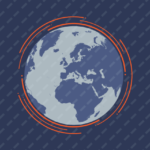
Ipas Africa Southern Region (ASR) joined the world to commemorate the International Day of the Girl Child reflecting on this year’s theme: Invest in Girls’ Rights: Our Leadership, Our Well-being.
The United Nations General Assembly on 19 December 2011, adopted Resolution 66/170 declaring October 11 as the International Day of the Girl Child, recognizing girls’ rights and the unique challenges girls face around the world.

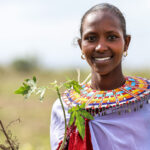
Ipas partnered with local group PACIDA to tackle the impacts of climate change on reproductive rights. The solutions—generated by the people most affected—are helping build resilient communities.
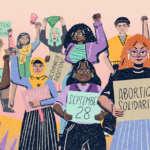
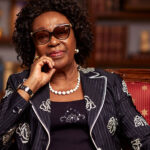
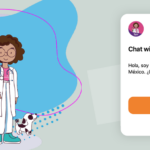

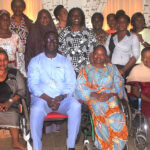
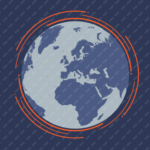
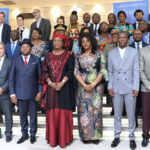


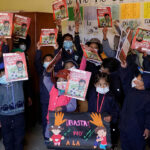
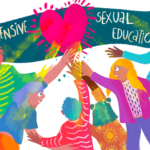
New research from Ipas and Political Research Associates finds that bisexual and pansexual young people feel vastly underserved by comprehensive sexuality education (CSE) programs—but they also have many recommendations for how to improve the situation.
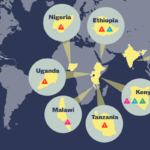
The U.S. Supreme Court overturned Roe v. Wade one year ago. Since then, millions of Americans have lost access to abortion. Ipas’s global network has also seen a ripple effect around the world, with impacts in many of the countries where we work.
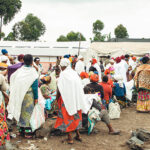
As a devastating armed conflict forced thousands of displaced people to gather in camps outside Goma in the Democratic Republic of Congo (DRC), the Ipas DRC team knew sexual and reproductive health services that included abortion were desperately needed. In the spirit of their tagline, “Makoki ya Mwasi,” a Lingala term that loosely translates as “the rights of women,” Ipas DRC refused to let a lack of funding deter them. They only had enough resources for 10 days of services, but worked around the clock to launch a mobile clinic and make every second count for the women and girls who needed them.

